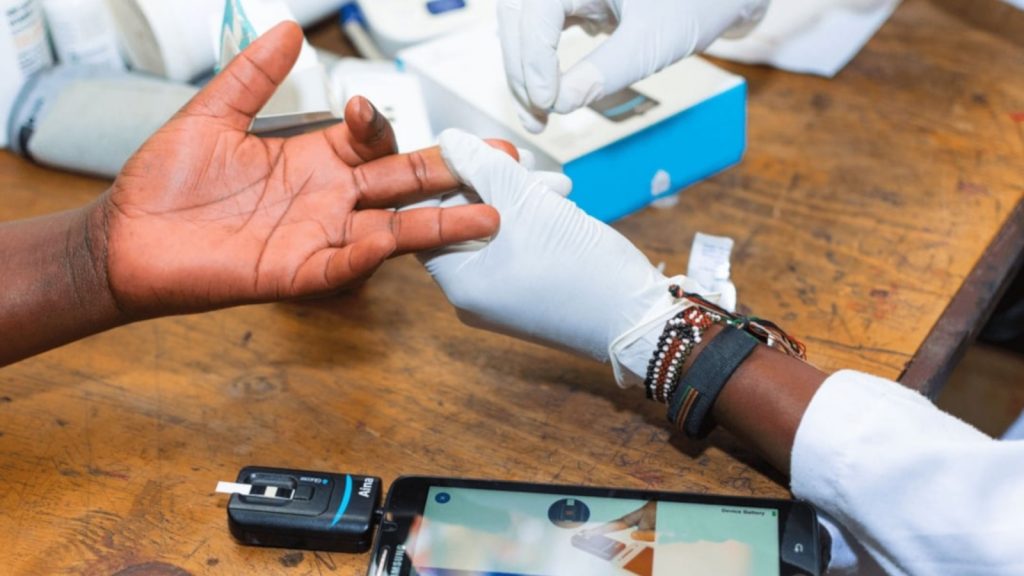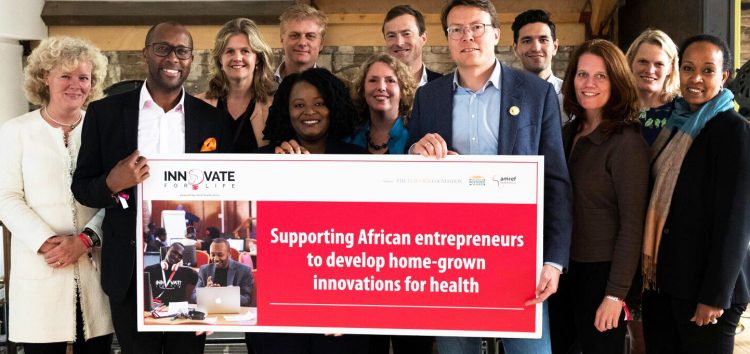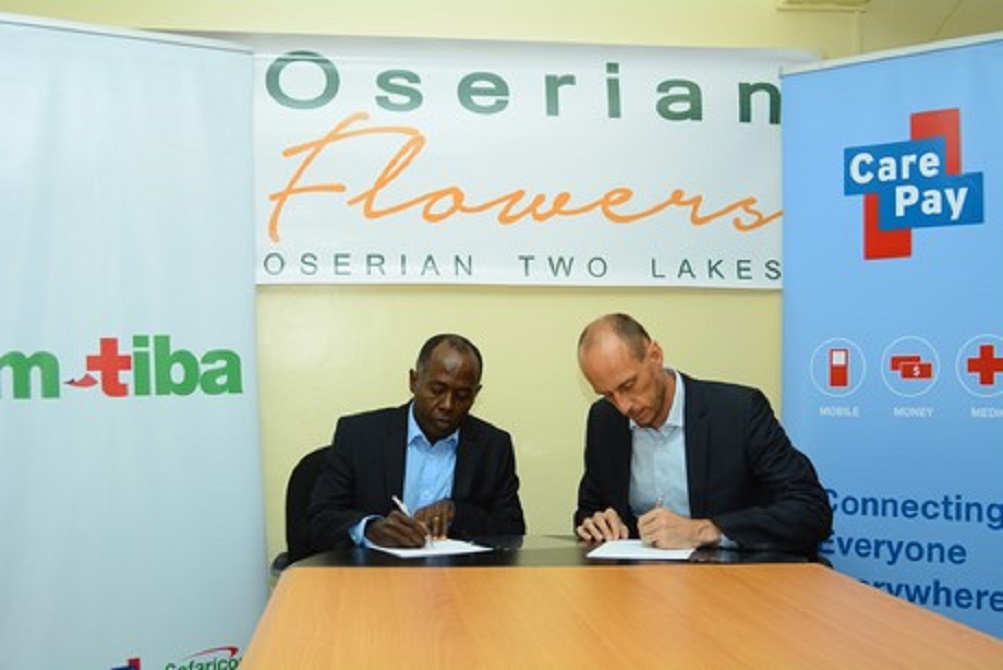Kenyan Startup Ilara Health Raises $735k Seed Funding Round To Grow Business
2019 has proven a good year for health and ride-sharing startups in Africa. More funding is coming than ever before. Kenyan startup Ilara Health, which is bringing affordable diagnostics services to doctors, has just joined the wagon. The startup has raised a US$735,000 seed funding round to grow its offering in the East African country and ultimately beyond.

Here Is The Deal
- The US$735,000 seed funding for the startup came from investment firms ShakaVC, Chandaria Capital, and Villgro Kenya, with the round also including angel investors such as Esther Dyson, Nijhad Jamal, Aadil Mamujee, Selma Ribica, and Shakir Merali. Several of the new investors will become strategic advisors to the business.
“Seventy per cent of patients need some form of medical test to inform their treatment, but many doctors across Africa have limited ability to perform diagnostics in their clinics. When a patient needs a test, doctors often refer them to a lab. Given the infrastructure challenges across the region — the time, the money it takes to get anywhere — patients frequently fail to attend and care breaks down,” said Emilian Popa, co-founder and chief executive officer (CEO) at Ilara Health.
- This round of investment will be used primarily to grow Ilara Health ’s peri-urban medical clinic customers in Kenya, and ultimately beyond. It will also allow the company to build a flexible technology platform to manage and protect valuable patient health and clinic financial data.

A Glance At The Startup
- Founded in 2018, Kenyan health startup Ilara Health sources tech-powered diagnostics equipment and makes it accessible to Africans who struggle to afford it, bundling the equipment and integrating the devices via a proprietary technology platform. Doctors pay a deposit to use the equipment and then pay off the remaining cost in installments determined by usage.
What Drew Investors In
Esther Dyson, angel investor and executive founder at Wellville, said she had invested in Ilara because she had watched CEO Popa explore the market to find the perfect, sustainable product-market fit.
“Moreover, the need is great, and the benefits of simple, cost-effective diagnostic tools will extend well beyond the patients and doctors, affecting first Kenya and ultimately the continent at large,” she said.
Charles Rapulu Udoh

Charles Rapulu Udoh is a Lagos-based Lawyer with special focus on Business Law, Intellectual Property Rights, Entertainment and Technology Law. He is also an award-winning writer. Working for notable organizations so far has exposed him to some of industry best practices in business, finance strategies, law, dispute resolution, and data analytics both in Nigeria and across the world.










